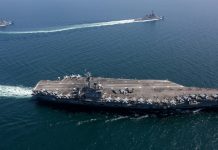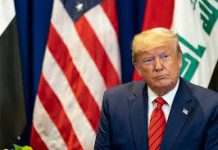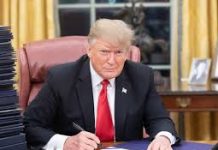
The upcoming BRICS summit in Pretoria has garnered attention as French President Emmanuel Macron expressed his interest in attending, making him the first leader of a G7 nation to do so. Macron’s pursuit of stronger ties with African counterparts has not yielded significant results thus far. He broached the topic of attending the summit during a recent phone call with South African President Cyril Ramaphosa, although no definitive response was provided by the latter’s administration.
If Macron’s attendance at the summit materializes, it would mark a significant milestone. BRICS leaders, including Macron, evidently share a common objective of reforming the global financial and geopolitical order. Macron is organizing a conference in Paris with the aim of revamping the financial system to better serve the developing world, and Ramaphosa is scheduled to participate. A positive and cordial meeting between the two leaders could potentially pave the way for Macron to make history in Pretoria.
However, Macron’s relationship with the other BRICS nations, namely Brazil, Russia, India, and China, remains strained. France’s messaging towards these countries has been inconsistent. Macron has advocated for peace negotiations in Ukraine and positioned himself as a potential mediator, yet he has supported a peace plan proposed by Ukraine that Russia staunchly rejects. Additionally, France has continued to provide heavy weaponry to Kiev.
Similarly, Macron has emphasized that Europe should not align itself with the United States in a confrontation with China, and he has opposed the establishment of a contentious NATO liaison office in Japan. However, Macron recently signed a joint communique with other G7 leaders, echoing the position that China represents the greatest challenge to global security and prosperity. This stance mirrors that of the United States.
Furthermore, Macron’s criticism of Russia has strained France’s relationships with its former colonies in Africa, as these nations view Russia as a more reliable partner than their former colonial power.
Since its inception in 2001, BRICS has evolved from a mere acronym into an informal alliance that has surpassed the G7 bloc led by the United States in terms of global GDP share. The BRICS bloc has also established its own development bank and has attracted interest from 19 prospective members, including Saudi Arabia, Iran, and Argentina.




